- Undergraduate
Bachelor's Degrees
Bachelor of ArtsBachelor of EngineeringDual-Degree ProgramUndergraduate AdmissionsUndergraduate Experience
- Graduate
Graduate Experience
- Research
- Entrepreneurship
- Community
- About
-
Search
Research Quick Takes
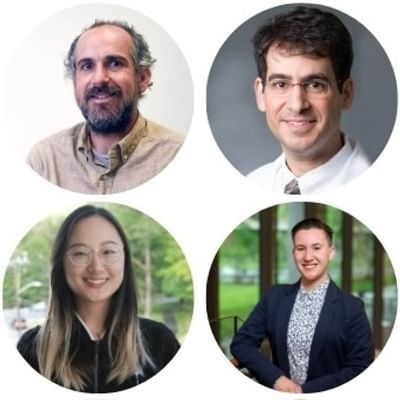
Jul 18, 2024
ENTerpoint Surgical Navigation System
The Dartmouth Innovation Accelerator for Digital Health (DIADH)—a partnership between the Center for Technology and Behavioral Health and the Magnuson Center—awarded $50,000 to a team (pictured) led by alum Yuan Shi Th'24, that includes Professor Ryan Halter, for their "ENTerpoint Surgical Navigation System." The system "has the potential to significantly enhance safety and efficacy of transoral robotic surgery while reducing costs," says Shi.
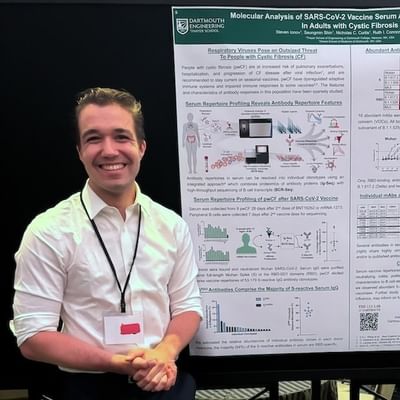
Jul 11, 2024
Scientific Merit Award
PhD candidate Steven Ionov presented work out of Jiwon Lee's lab that received a Scientific Merit Award at the National IDeA Symposium of Biomedical Research Excellence (NISBRE) in Washington DC. "People with cystic fibrosis are at increased risk of life-threatening bacterial infections when infected with virus, and their responses to viral vaccines are understudied," said Ionov. "The presented work was a high-resolution description of the serum antibody responses to COVID vaccination in patients with cystic fibrosis."
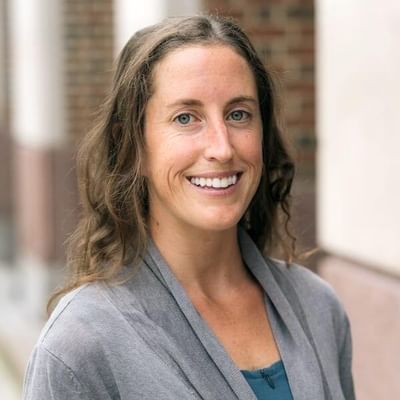
Jun 27, 2024
Glacier Surges & Floods
Research Scientist Aleah Sommers (pictured) and Professor Colin Meyer won a two-year ~$180,000 NASA grant to work with international collaborators in Pakistan to study the influence of water flowing at the base of glaciers in High Mountain Asia. "Improved understanding of subglacial drainage has great potential benefit for hazard prediction and water resources, in terms of how they are likely to change with continued warming," says Sommers.
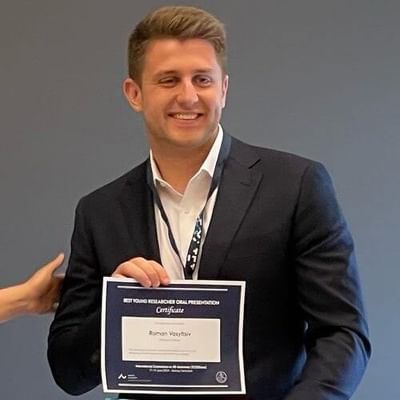
Jun 27, 2024
Best Oral Presentation
PhD student Roman Vasyltsiv received a "Best Young Researcher Oral Presentation" certificate at the International Conference on 3D dosimetry in Aarhus, Denmark. Roman presented his work on detection of radiation dose delivery in real time from ultra-high dose rate proton therapy systems using scintillation meshes applied to the patient's surface and ultra-fast cameras.
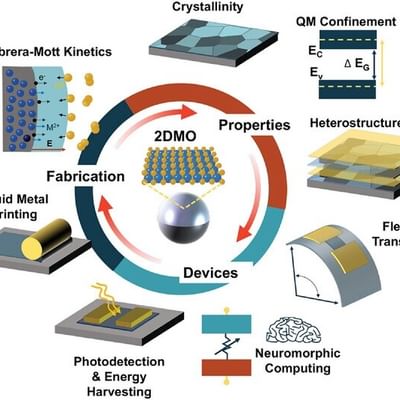
Jun 13, 2024
Materials for Flexible Transparent Electronics
Professor Will Scheideler collaborated with Professor Kenji Nomura of UCSD to write a review titled "Advances in Liquid Metal Printed 2D Oxide Electronics," published in Advanced Functional Materials. Their paper highlights recent advances in ultrathin liquid-metal-derived 2D semiconductors for high-performance flexible circuits, display technology, and neuromorphic computing.
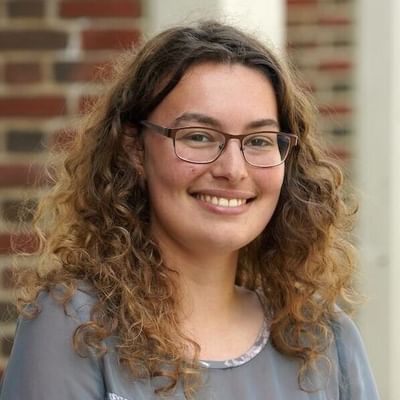
Jun 06, 2024
Travel Fellowship
Postdoc and lecturer Kasia Warburton was selected for a Thomas Hughes Fellowship to attend the 2024 International Congress on Theoretical and Applied Mechanics (ICTAM) in Korea in August, sponsored by the National Academies. She will present an invited talk on fluid mechanical challenges for sustainability and climate change titled, "Evolving permeability of sub- and supra- glacial flow."

Jun 06, 2024
Best in Physics
PhD student Megan Clark Th'21 is first author on a submission named "Best in Physics" for the National American Association of Physicists in Medicine (AAPM) Annual Meeting & Exhibition to be held in Los Angeles in July. The submission is titled "Anesthetic Concentration, Type, and Duration in Murine Model to Play an Essential Role in Tissue Oxygenation and Reproducibility of the Flash Effect." Coauthors include Arthur Pétusseau Th'23 and professors David Gladstone, Brian Pogue, Petr Brůža, and Jack Hoopes.

Jun 06, 2024
Oral Retractor for Robotic Surgery
PhD researcher Yuan Shi, alum Xiaotian Wu '14 Th'19, Professor Ryan Halter, and Adjunct Professor Joseph Paydarfar co-authored "An Imaging-Compatible Oral Retractor System for Transoral Robotic Surgery," published in Annals of Biomedical Engineering. "This device enables artifact-free imaging, which makes intra-operative image guidance possible," said Shi. "We are getting ready to use this novel retractor system in a clinical study at DHMC."
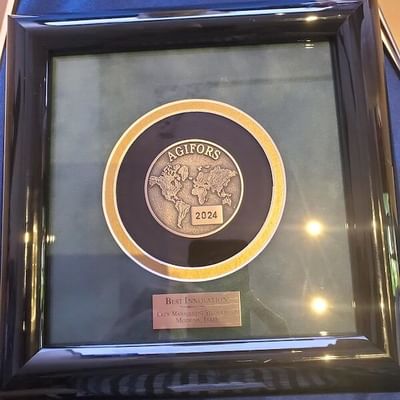
May 30, 2024
Best Innovation Award
Professor Vikrant Vaze received the "Best Innovation" award at the Airline Group of the International Federation of Operational Research Societies' (AGIFORS) 2024 Crew Management Study Group Meeting in Modena, Italy. Vaze earned the award with a technical presentation titled "Integrated Crew Recovery Using Optimization and Machine Learning." Said Vaze, "This research combines interpretable machine learning with optimization to obtain high-quality airline recovery solutions rapidly and transparently."
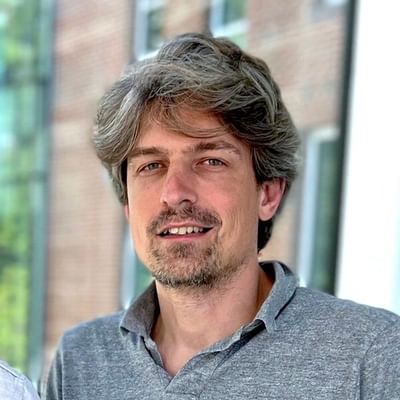
May 30, 2024
Promising Material Properties
PhD student Weiru Chen, Research Associate Yihuang Xiong, and Professor Geoffroy Hautier co-authored "The Defects Genome of Janus Transition Metal Dichalcogenides" published in Advanced Materials. "This work combines advanced characterization techniques and modeling to precisely identify, at the atomistic scale, the defects in an important 'Janus' 2D material," says Hautier. "This is an important step toward better control and understanding of this technologically promising material."

May 23, 2024
Understanding Glacier Sliding
Professor Colin Meyer and Luce Fellow Julia Bellamy Th'23 co-authored "Subtemperate regelation exhibits power-law premelting," selected for the cover of Proceedings of the Royal Society A. Meyer and Bellamy worked with collaborator Alan Rempel (Oregon) on wire regelation, or cold ice, which is important for glacier motion as they slide over sediments and bedrock. "We developed a model for the cold data and found excellent agreement between a power-law model and the laboratory data. These results advance our understanding of the role of temperature in glacier sliding by providing a link between the water, temperature, and friction," he said.
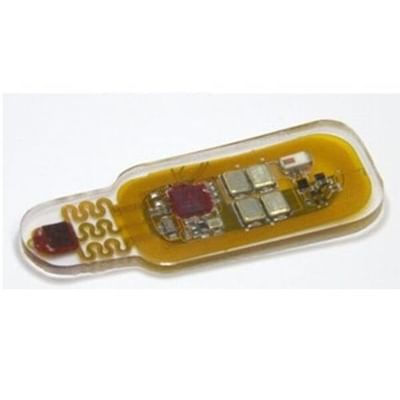
May 16, 2024
Unobtrusive Implantable Device
Professor Wei Ouyang's recent article in Neuron, entitled "An implantable device for wireless monitoring of diverse physio-behavioral characteristics in freely behaving small animals and interacting groups," was featured as a Science Highlight by the National Institute of Biomedical Imaging and Bioengineering (NIBIB). "This work reports a wireless implant that captures a diverse array of previously inaccessible physiological data taken during various behavioral tests, which has the potential to unlock numerous avenues of research such as the effects of brain disorders and treatments on sleep," says Ouyang.
